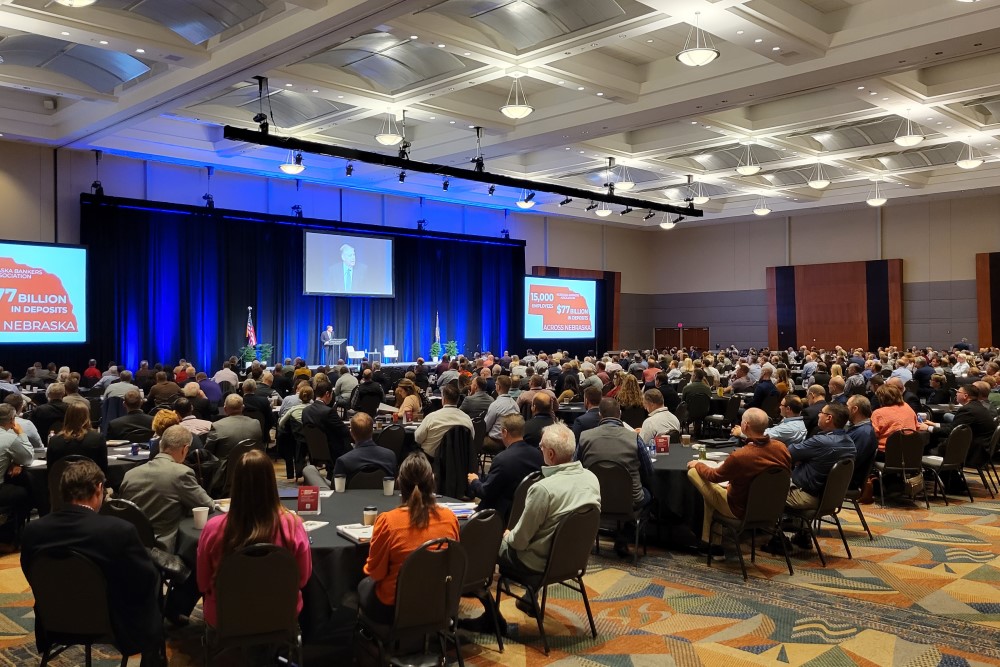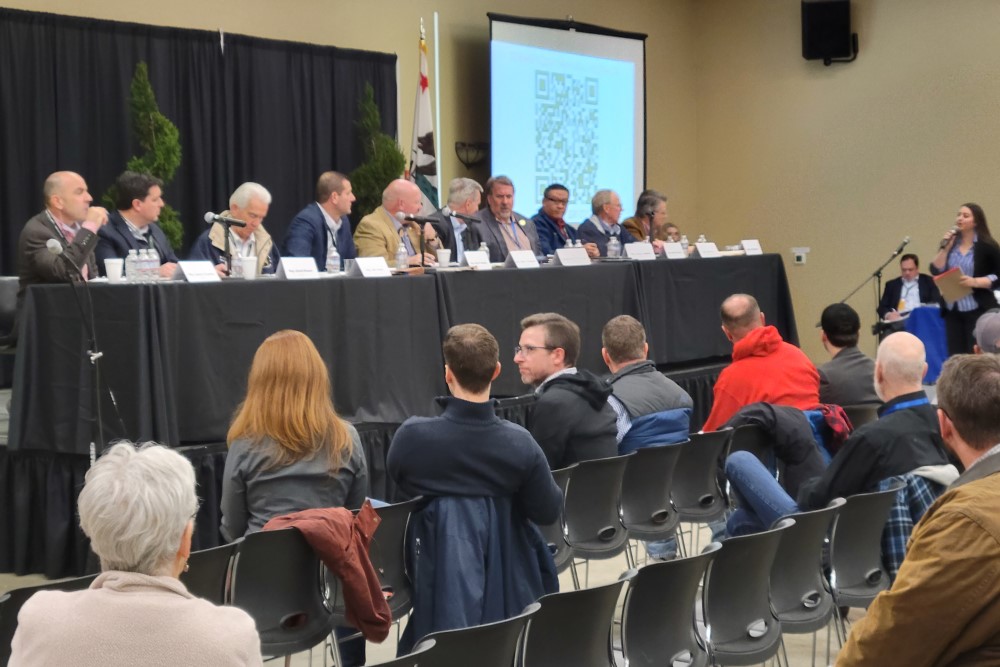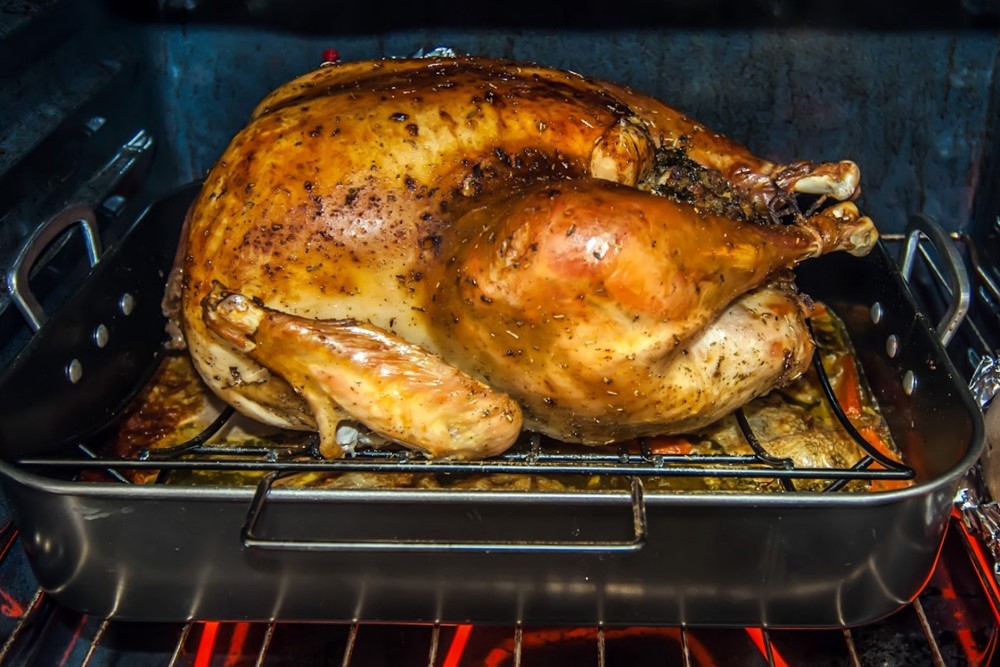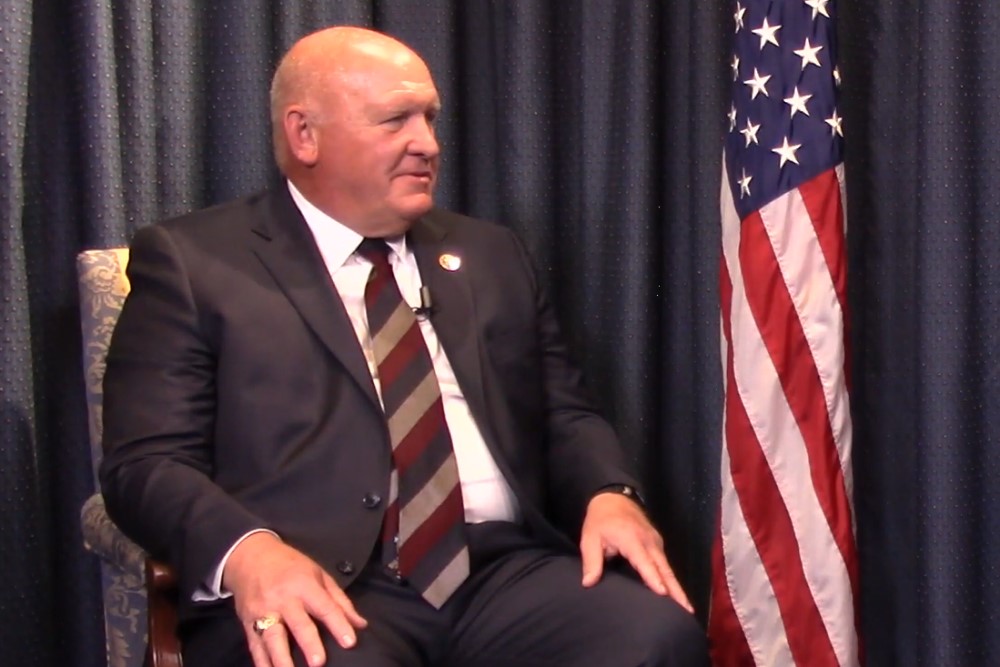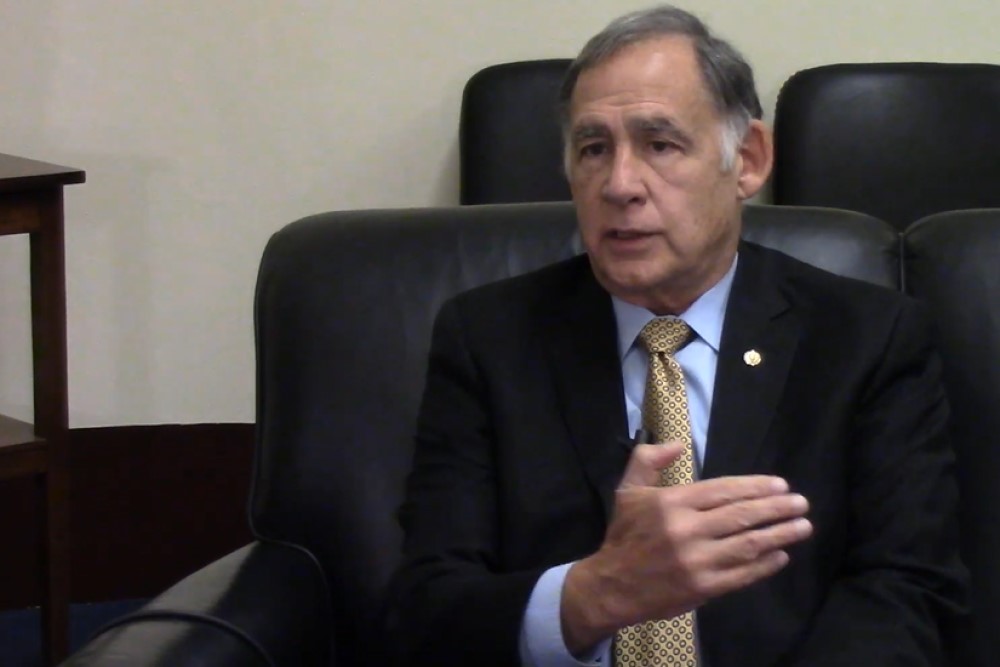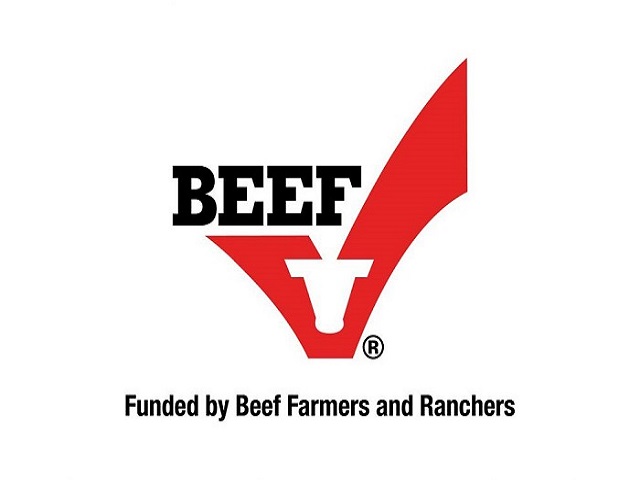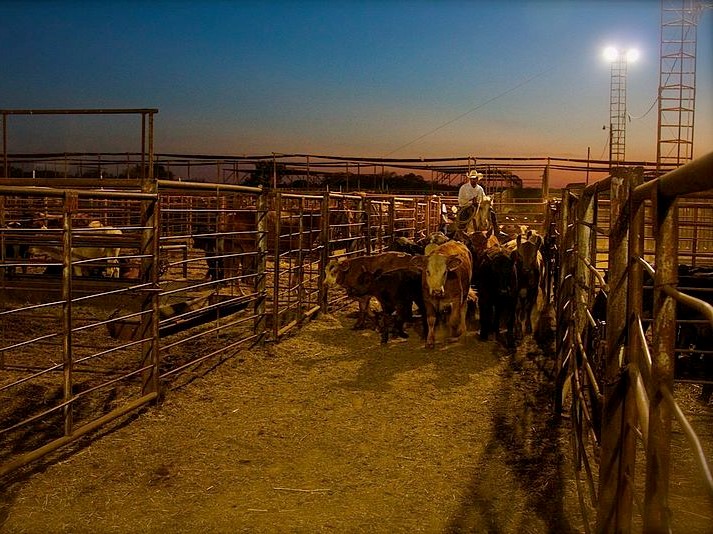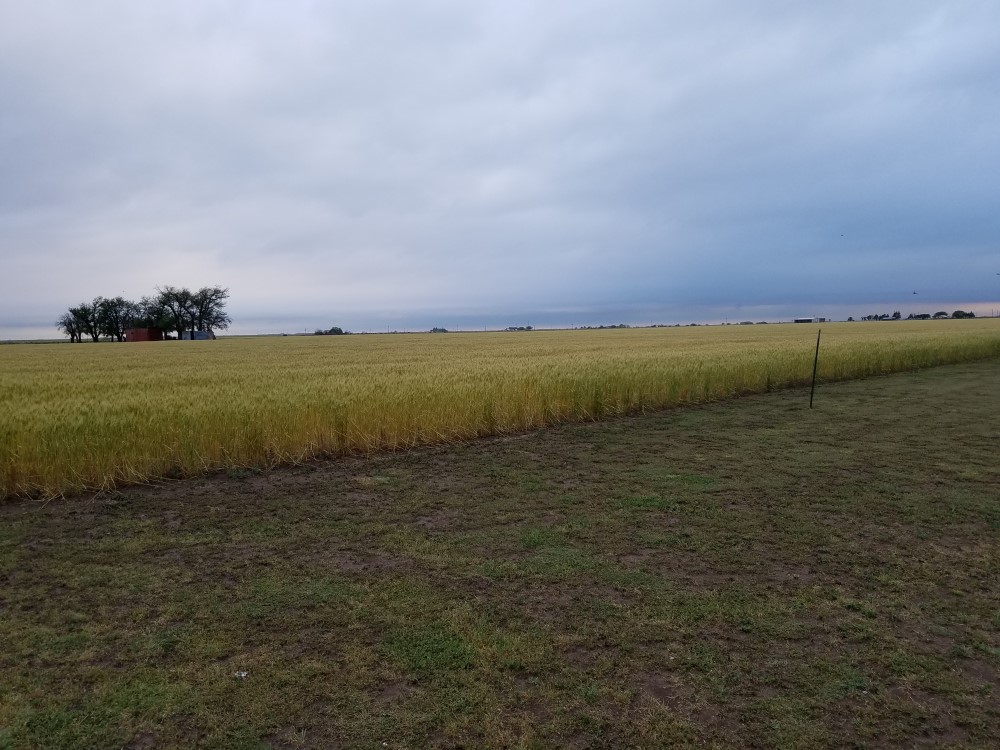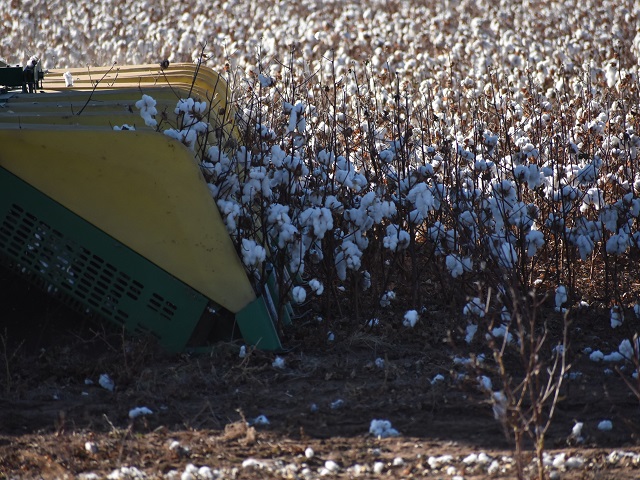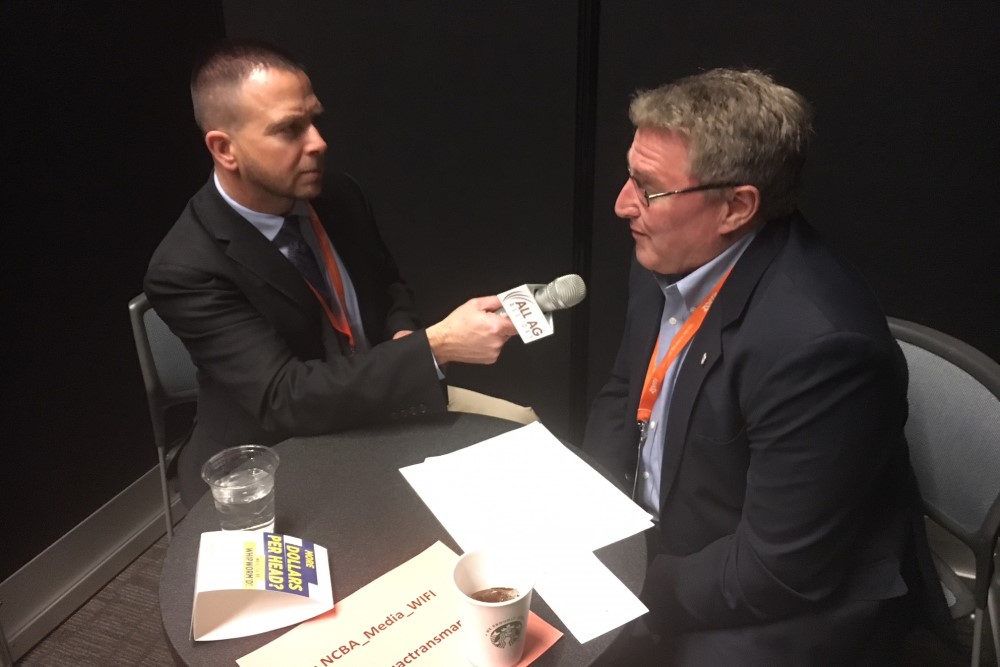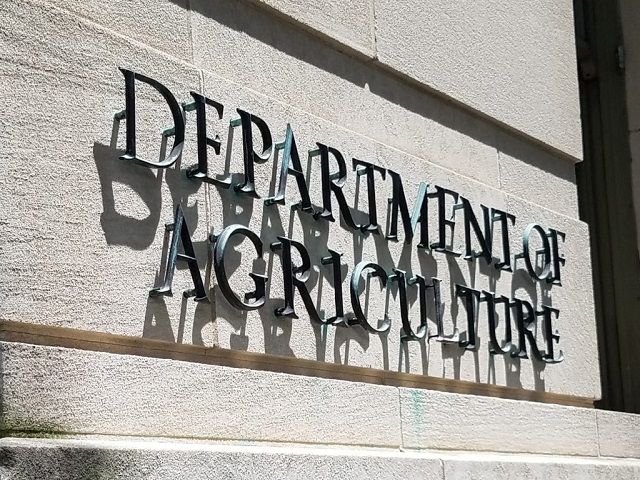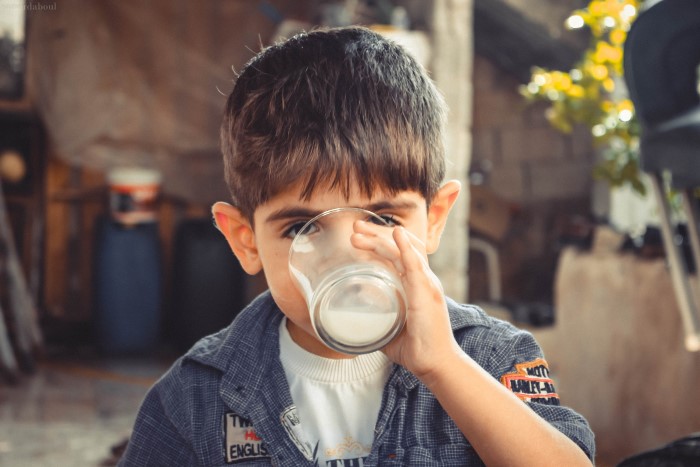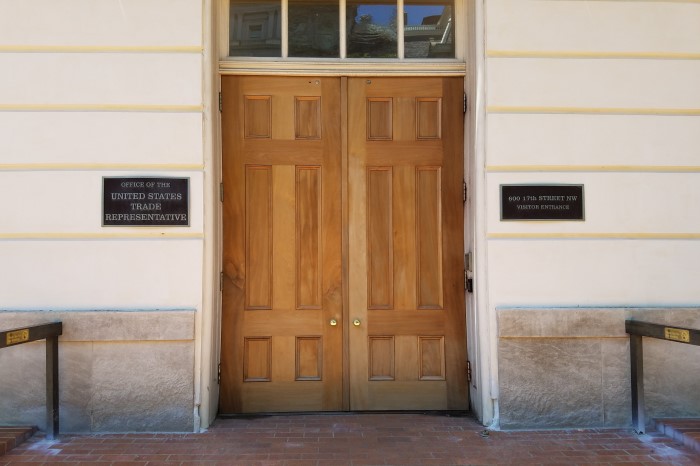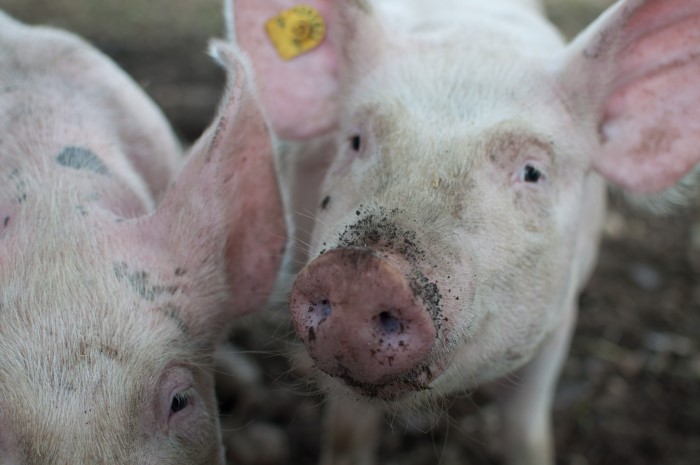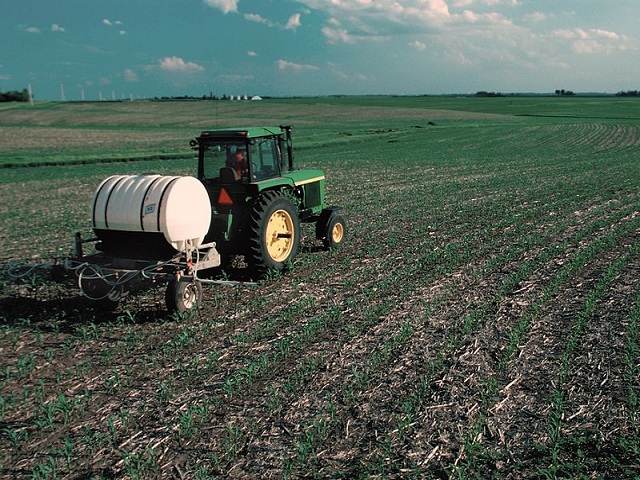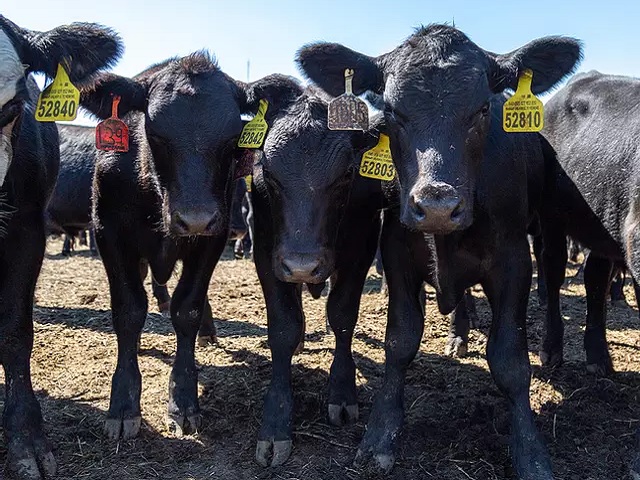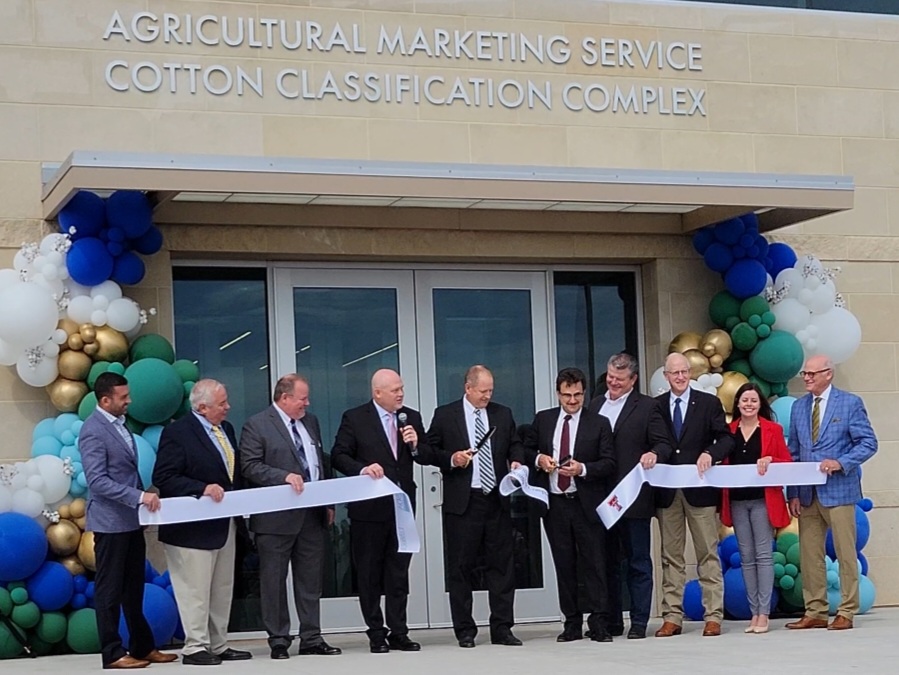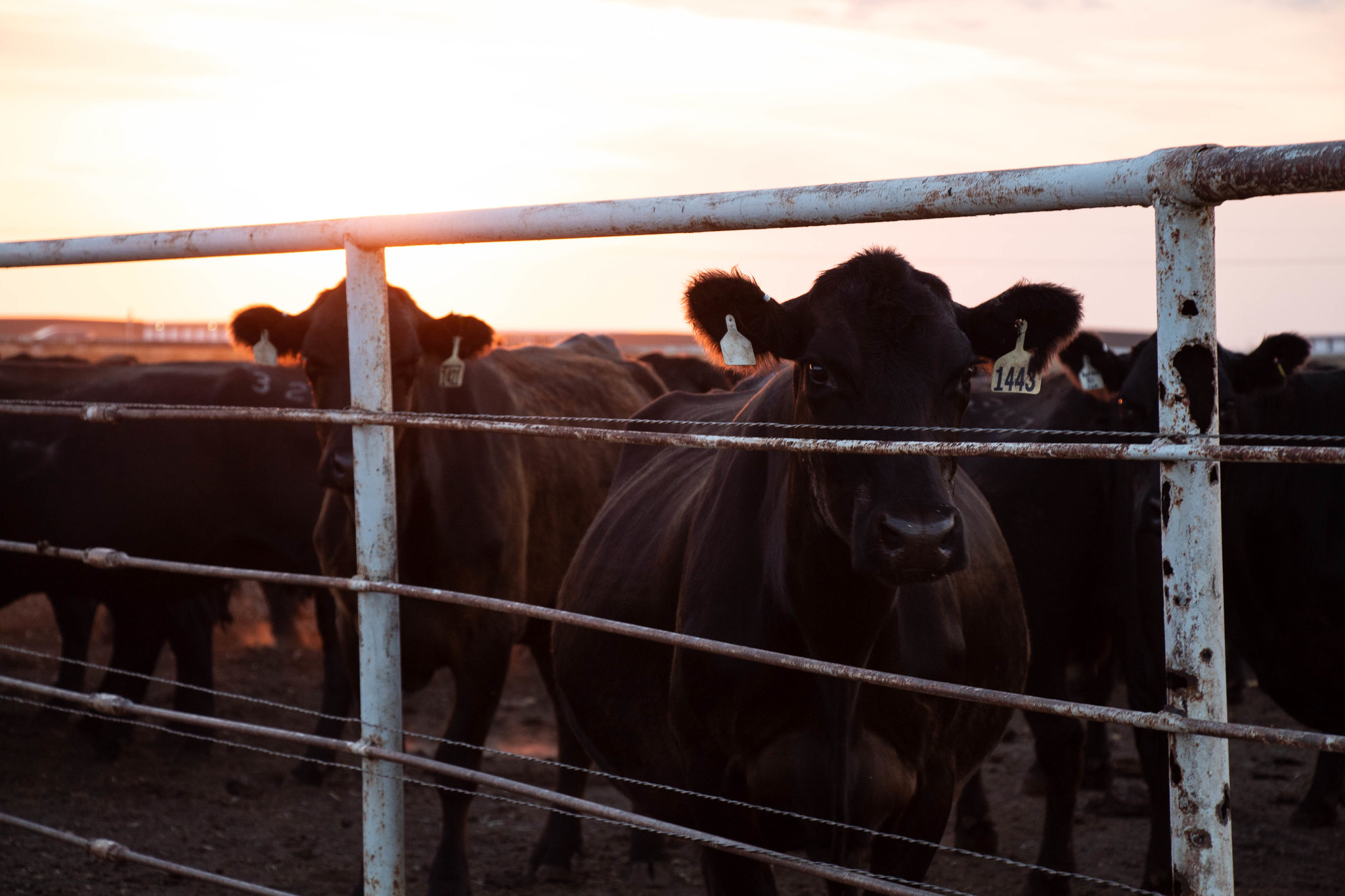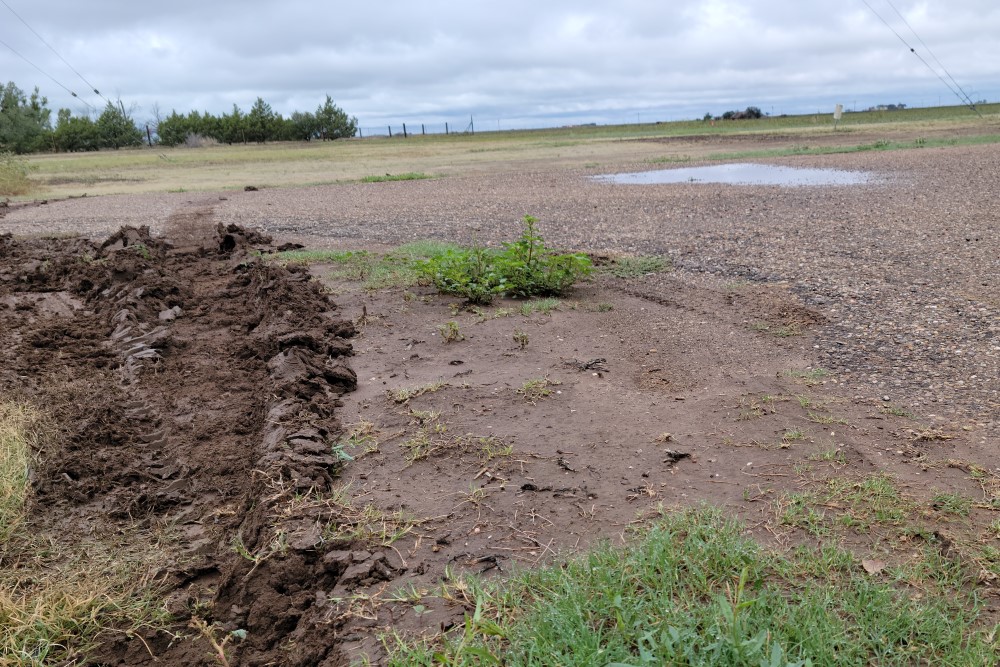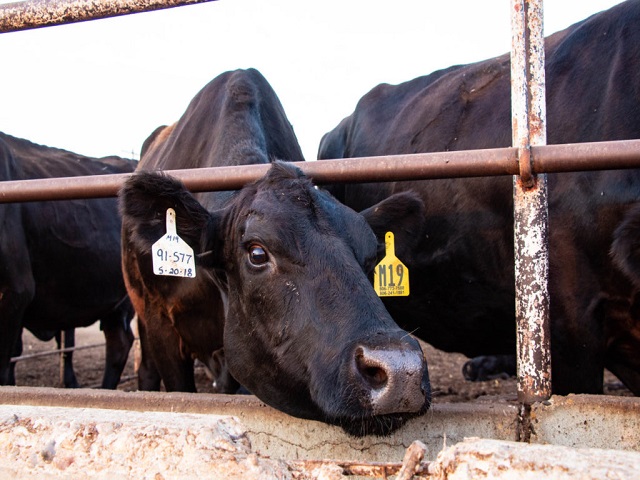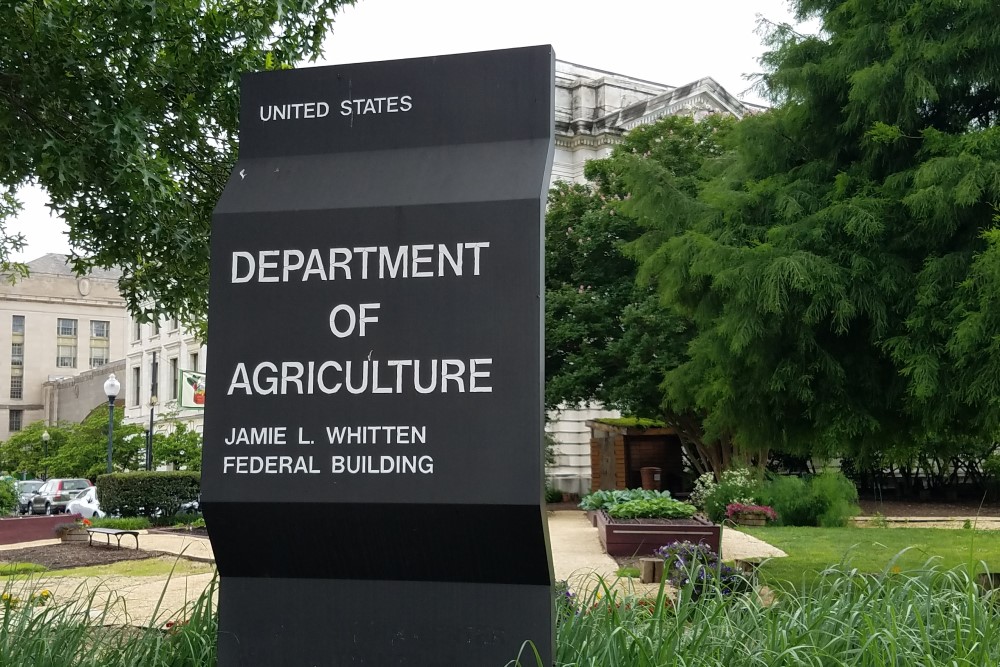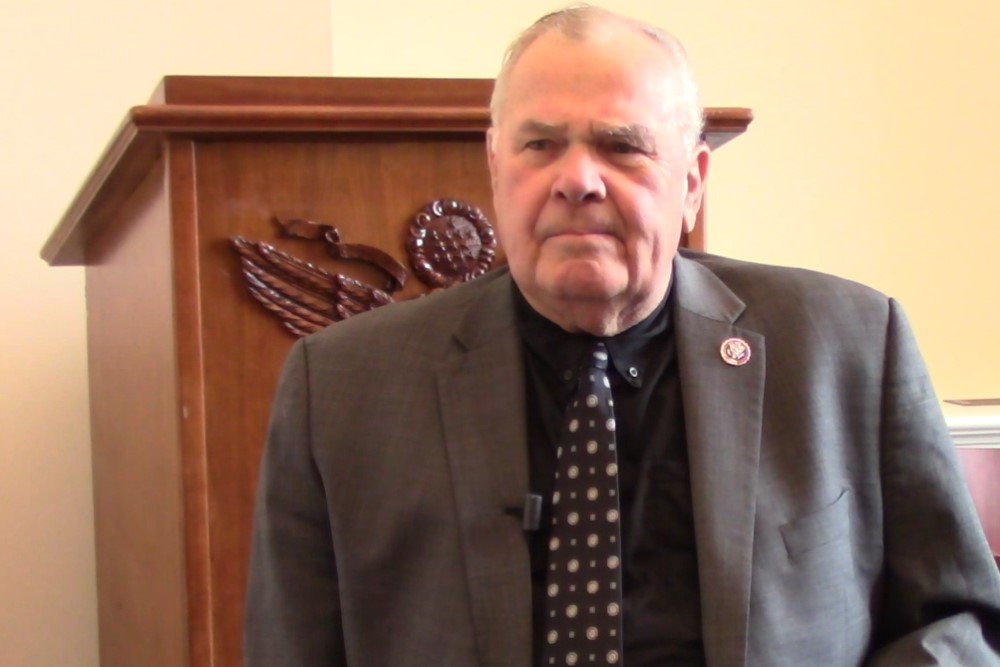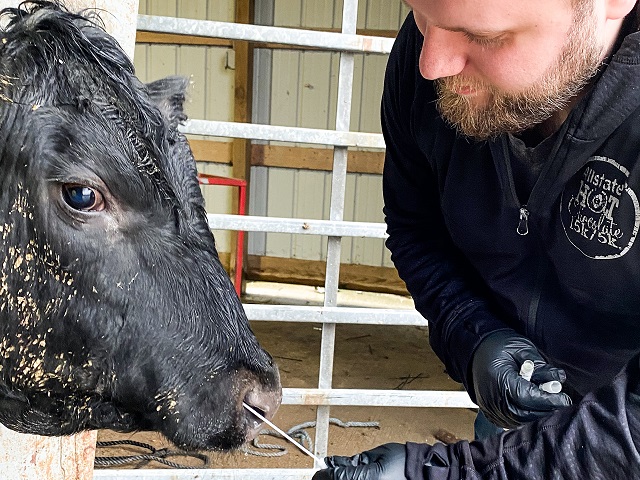Brazil Confirms Two Cases of BSE in Cattle
DENVER, CO – The U.S. cattle industry can vividly recall the events of December 2003, also known as the “cow that stole Christmas.”
It started with a Holstein in Washington state that tested positive for Bovine Spongiform Encephalopathy, or BSE, or as the media referred to mad cow disease.
Since that time, the U.S. has only had five other positive tests for BSE, and all have been atypical – which the Animal and Plant Health Inspection Service at USDA defines as generally occurring in older cattle (8 years or older) and seems to arise rarely and spontaneously in all cattle populations.
Over the weekend, the Brazilian Ministry of Agriculture, Livestock, and Food Supply confirmed two atypical cases of BSE in their country.
With the safeguards in place in both the United States and Brazil, they do not pose a risk to consumers since the animal is not harvested.
There are concerns, however, as Colin Woodall, CEO of the National Cattlemen’s Beef Association (NCBA) explains. “Given Brazil’s history of failing to report BSE cases in a timely manner, we must remain vigilant in enforcing our safeguards and holding them accountable. The U.S. has the highest animal health and food safety standards in the world. We must make sure that all countries wishing to export beef to the U.S. continue to meet our standards — even a country with a small footprint like Brazil.”
Brazil exports beef to the U.S., but only a small portion compared to the other top exporters, Canada and Mexico.
(SOURCE: All Ag News)




